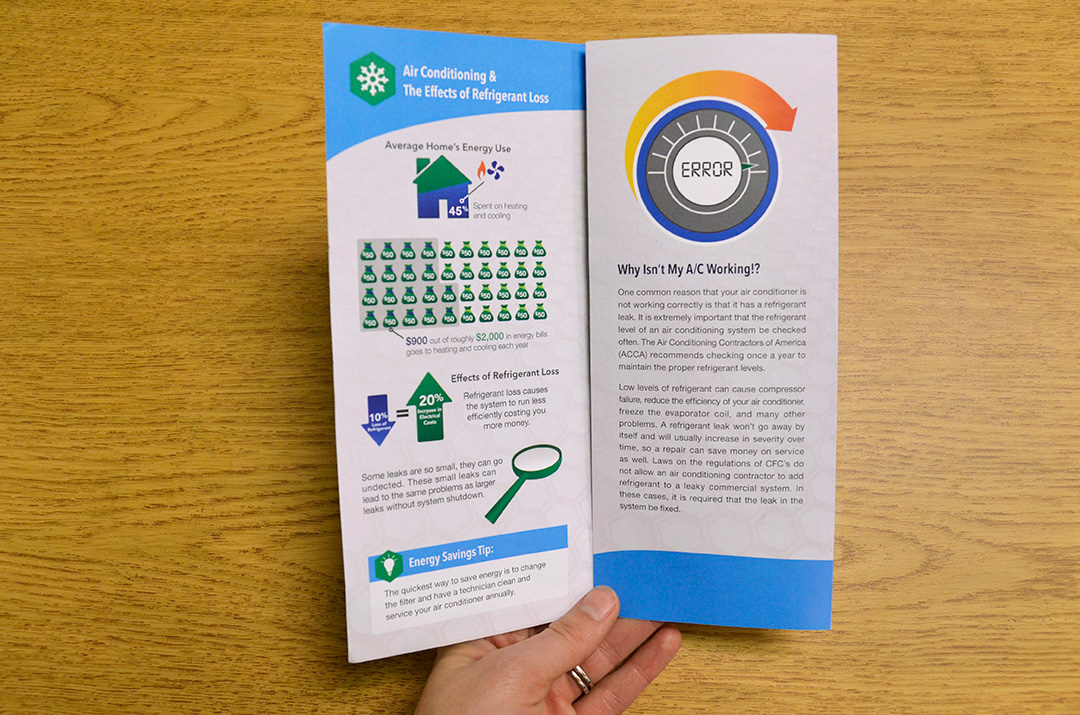Recognizing The Results Of Weather Condition On Heatpump Capability And How To Minimize Them
Recognizing The Results Of Weather Condition On Heatpump Capability And How To Minimize Them
Blog Article
Web Content Produce By-Bengtson Maher
When it comes to your heatpump, climate plays an essential function in its efficiency. From freezing temperatures to sweltering heat, each component can impact just how efficiently your system runs. But what can you do to combat these weather-related challenges and guarantee your heatpump is working at its best? Remain tuned to find useful tips and methods to optimize your heatpump's performance, no matter the weather it faces.
Weather Condition Variables Influencing Heatpump Effectiveness
Weather condition variables have a significant influence on the effectiveness of heatpump. One essential aspect is temperature level. Heatpump function by moving heat from outdoors to inside during wintertime and vice versa in summer. As temperature levels drop, it comes to be harder for the heatpump to remove heat from the outside air, lowering its effectiveness.
visit our website is moisture. High humidity degrees can make it extra challenging for the heatpump to release warmth throughout the cooling procedure.
Additionally, wind speed contributes. Strong winds can dissipate the warmth taken in or launched by the heatpump, affecting its overall performance.
Tips for Optimizing Heatpump Performance
To boost the effectiveness and durability of your heat pump, implementing a couple of key strategies can make a considerable distinction in its performance.
To start with, guarantee routine maintenance by cleaning or changing filters every 1-3 months to prevent air flow clogs and make best use of air movement. Additionally, routine annual professional examinations to find and address any possible problems at an early stage.
Optimum thermostat settings also play an essential function. During the wintertime, aim for a temperature setup that's as low as comfortable, and during the summer, established it as high as comfortable to lower the work on your heat pump. Utilizing https://www.statesman.com/story/news/2021/02/17/home-damaged-winter-storm-how-spot-common-home-repair-scams/6763712002/ can help you immediately readjust settings based on your routine.
Additionally, securing leakages in ductwork and protecting air ducts in unconditioned spaces can avoid energy loss and improve overall system effectiveness.
Lastly, think about installing a smart thermostat that can learn your routines and readjust setups appropriately, further maximizing your heat pump's performance. By complying with these pointers, you can ensure your heat pump runs efficiently and effectively throughout the year.
Best Practices for Weatherproofing Your Heatpump
For optimum performance and effectiveness of your heatpump, applying weatherproofing steps is essential. Begin by sealing any type of spaces or cracks around doors, windows, and ductwork to avoid warmth loss and maintain a consistent interior temperature.
Shield subjected pipelines and air ducts to avoid cold throughout cold weather and make certain proper air flow. Think about installing a protective cover over the exterior device to secure it from severe weather condition elements like snow, ice, and debris.
Regularly tidy the exterior device to remove dirt, leaves, and particles that can obstruct air movement and decrease performance. In addition, maintain the location around the heat pump free from snow, ice, and vegetation to permit proper air flow.
Final thought
Now that you comprehend how weather condition impacts your heat pump performance, you can take positive actions to maximize its efficiency. By adhering to the pointers laid out in this article, such as regular maintenance, thermostat modifications, and weatherproofing actions, you can ensure that your heat pump operates at its ideal regardless of the weather. Remain ahead of the game and maintain your home comfortable throughout the year.
